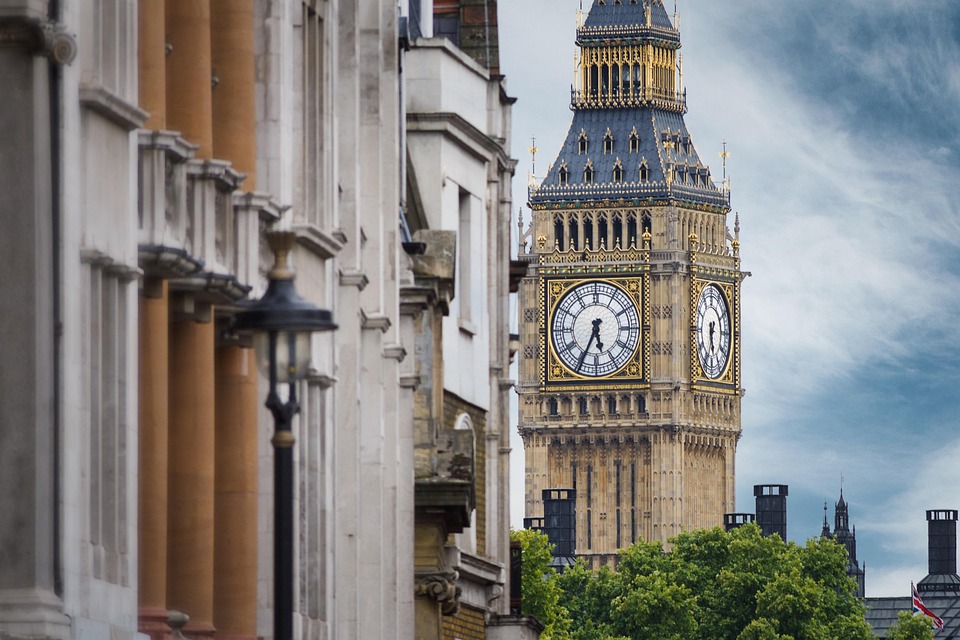Planning a trip to the UK? You’ve come to the right place! Traveling to the UK can be an incredible experience, but it’s also important to consider when to go. Whether you’re a tourist, a business traveler, or a student, knowing the best time to visit can save you money, stress, and even headaches. In this article, we’ll explore the top factors to consider and give you a clear answer: when is the best time to travel to the UK?
The Best Time to Travel: A Comprehensive Guide
1. Weather and Climate
The weather in the UK is one of the most talked-about topics when planning a trip. The country has a varied climate, so timing your trip depends on what you’re looking for. Let’s break it down:
- Summer (June, July, August): The warmest months, with average temperatures ranging from 15°C to 25°C. The popular tourist spots like London, Manchester, and Glasgow are at their peak, with outdoor activities and festivals happening frequently.
- Winter (December, January, February): The coldest months, with temperatures dropping below 5°C. However, this is also the best time to explore the country’s famous castles, museums, and natural beauty.
- Spring and Autumn (March to November): Perfect weather for visiting historical sites, experiencing festivals, and enjoying the crisp, seasonal scenery.
2. Peak Travel Seasons
If you’re planning a trip for sightseeing or attending events, knowing the peak travel seasons is crucial. Here are some of the most popular times to visit:
- Summer Months (July to September): July is the peak for events like Glasto Festival in Northern Ireland and the Isle of Man motor racing. August is great for beaches and seaside holidays, while September is ideal for exploring castles and historic sites.
- Christmas and New Year (December to January): Christmas is a massive tourist draw, with cities like London and Birmingham hosting millions of visitors. January is quieter but still popular for New Year’s resolutions and last-minute shopping.
- Easter (March): Another busy time for travelers, especially in London and the south.
3. School Holidays
If you’re a student or planning to visit with family and friends, the school holidays are a great time to travel. During the summer break, universities across the UK are empty, making it cheaper and less crowded. It’s also a perfect time to visit cities like Birmingham, Manchester, and Sheffield, which come to life with festivals and events.
4. Political and Historical Events
The UK is a country with rich history and significant political events. If you’re planning a trip, consider visiting during these periods, as they can be both exciting and educational:
- EU Referendum (June 23, 2016): While the referendum itself was a one-day event, the preceding weeks and months saw a surge in tourism as people explored the country’s history and culture.
- Brexit Vote (Brexit refers to the UK’s membership in the European Union): Similar to the EU referendum, the lead-up to Brexit saw increased travel as people delved into the country’s history and political significance.
5. Off-Peak Travel
If you’re looking for a more relaxed and affordable experience, consider traveling outside the peak seasons. Here are some tips:
- Spring and Autumn: These seasons offer a mix of mild weather, seasonal foliage, and fewer crowds. It’s a great time to visit popular attractions like the Lake District, the Lake and Weaire Valleys, and the Yorkshire Dales.
- January: If you’re visiting in January, you’ll experience the shortest days of the year, but it’s also a great time to escape the cold and enjoy the country’s natural beauty.
- May and June: These months are often called ‘prime time’ in the UK, with long, sunny days and beautiful weather perfect for outdoor activities.
6. When to Travel for Bags and Deals
If you’re flying to the UK, consider traveling during periods when airlines offer discounted fares for connecting flights. Typically, these deals are available in the off-peak seasons. For example, flying from London to Edinburgh in January or February might offer better rates than in summer.
7. Why to Travel Outside the Peak Times
- Affordability: Peak seasons can be expensive, both in terms of tickets and accommodation. Traveling outside these times can help you save money.
- Less Crowded: During off-peak seasons, the country is less crowded, making it easier to explore hidden gems and enjoy a more relaxed experience.
- Unique Experiences: Some of the country’s most iconic landmarks are less busy during certain times, allowing you to experience them in a more intimate setting.
8. Final Thoughts
The best time to travel to the UK really depends on your preferences. If you love the excitement of festivals, historical events, and outdoor activities, summer and winter are perfect. If you prefer a quieter, more relaxed experience, spring and autumn are ideal. And if you’re planning a trip with friends or family, the school holidays can be a fantastic time to travel. Remember, the best time to visit is when you’re ready to experience the UK in your own way!
So, when is the best time for you? Let’s discuss in the comments!
